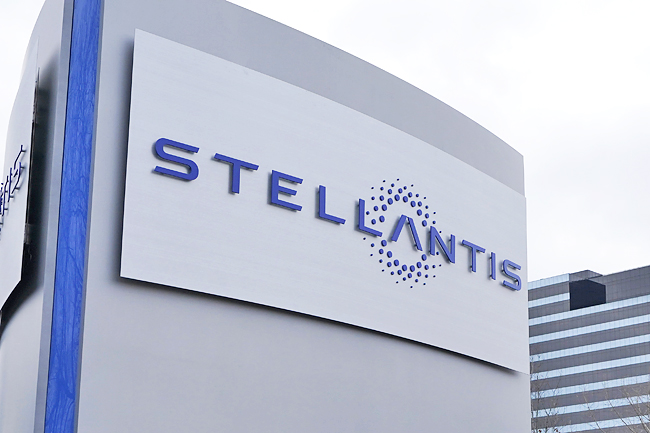LONDON (AP) – The world’s fourth-biggest carmaker by sales has warned of a potential existential threat to large parts of the British car industry unless the government moves to alter the terms of its Brexit trade deal with the European Union (EU).
In a submission to a parliamentary inquiry into the supply of batteries for electric vehicles released yesterday, the parent company of Citroen, Fiat, Peugeot and Vauxhall said it may not be able to keep its commitment to manufacture its new fleet of cars in the United Kingdom (UK) without changes to the terms.
Stellantis said the deal represented a “threat” to its export business and the “sustainability” of its manufacturing operations. The company employs around 5,000 people in the UK and committed to make electric vehicles in the country two years ago.
The stark warning is likely to pile pressure on the Conservative government to seek changes to the trade deal that came into force at the start of 2021 when the UK formally left the economic structures of the EU, including the frictionless single market and customs union.
Though the trade deal ensured that tariffs would not be slapped on the export of goods from the UK to the EU, an array of often-complex non-tariff barriers has made it more difficult, and often more costly, for British businesses to sell their wares in the 27-nation bloc.

Some of these barriers are being phased in over time.
As a result, Stellantis said it wanted the current phase-in period for the requirement to be extended until 2027, a move that would require the trade deal to be revised. The company said cars made in Britain and exported to the EU faced an onerous 10 per cent tariff, making them uncompetitive against exports from other major car-producing regions such as Japan and South Korea.
“To reinforce the sustainability of our manufacturing plants in the UK, the UK must consider its trading arrangements with Europe,” Stellantis said in its submission.
“We need to reinforce the competitiveness of the UK by establishing battery production in the UK.”






